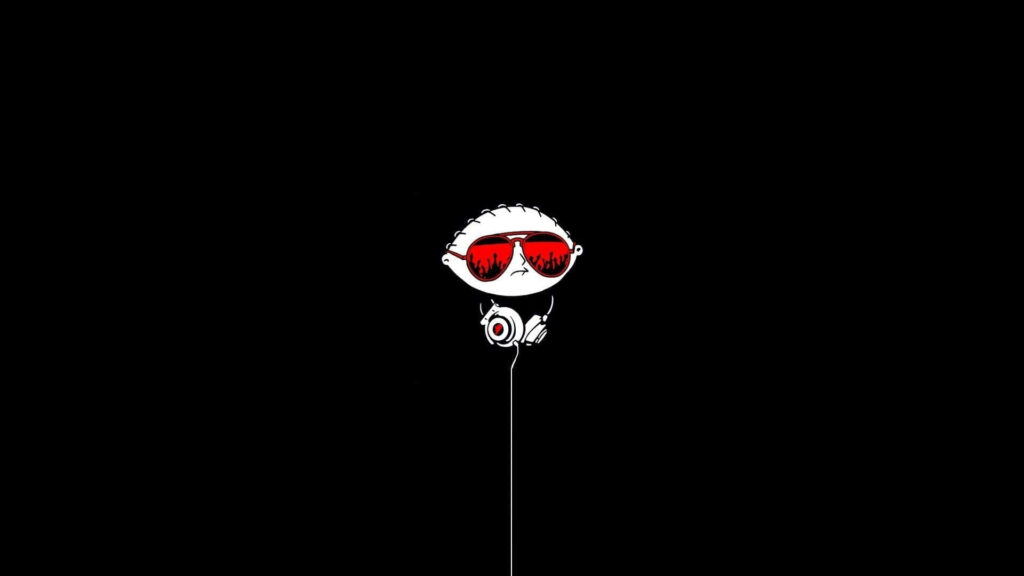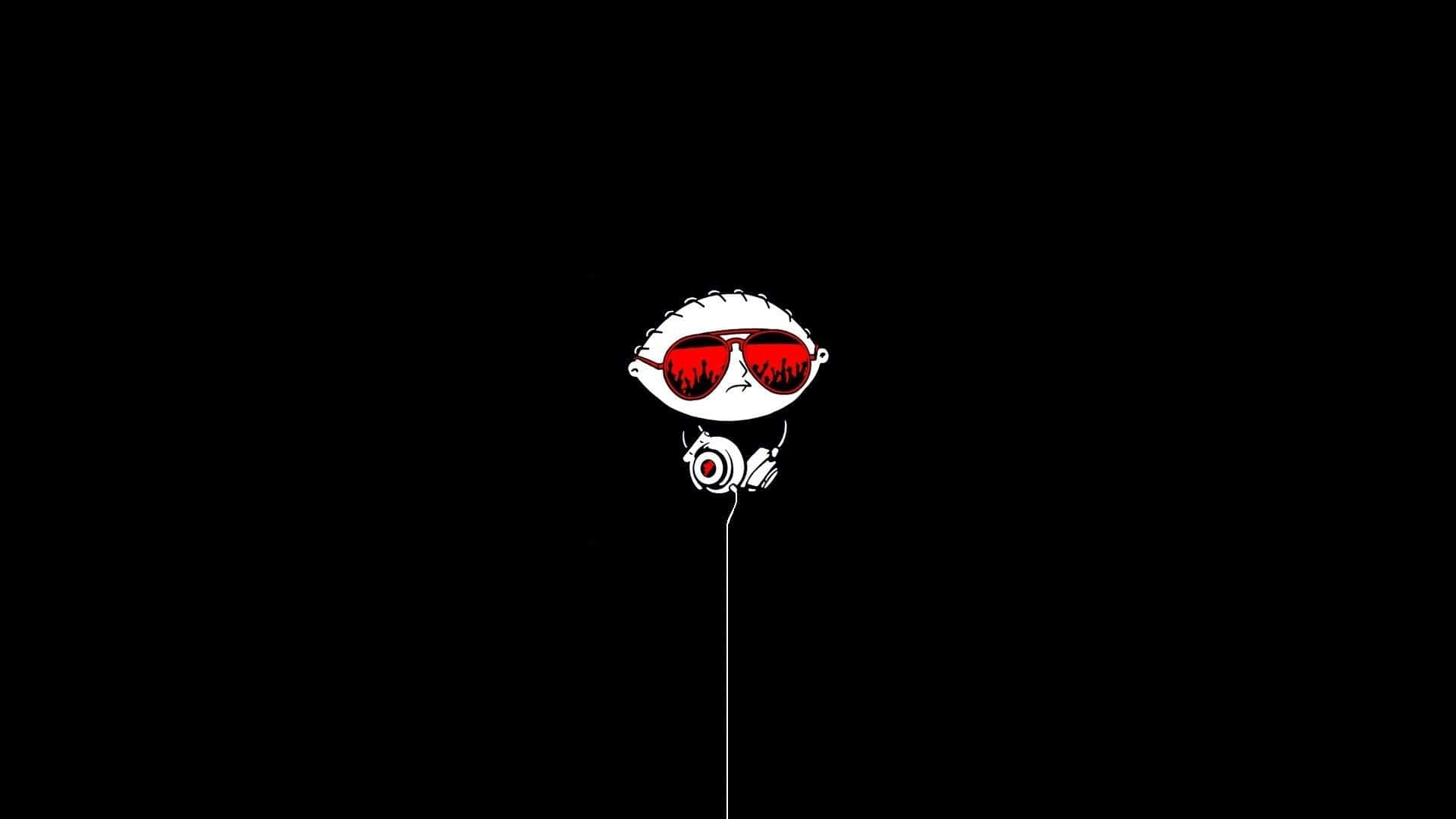
Unveiling the Shadows: Exploring the Background of Black Humor
Black humor, also known as dark humor or gallows humor, is a comedic style that finds amusement in subjects often considered taboo, morbid, or tragic. Why do we laugh at the darkest jokes? What is it about finding humor in the face of death, disaster, or suffering that appeals to some, while repelling others? This article delves into the background of black humor, exploring its origins, psychological underpinnings, cultural manifestations, and the reasons for its enduring, albeit controversial, appeal. We aim to provide a comprehensive understanding of this fascinating and often misunderstood form of comedy, drawing on expert insights and offering a balanced perspective.
Genesis of Gallows: Tracing the Historical Roots of Dark Comedy
While pinpointing an exact origin is impossible, the seeds of black humor can be found throughout history. Even in ancient times, societies grappled with mortality and suffering, and humor often served as a coping mechanism. Consider the satirical plays of ancient Greece, which frequently mocked authority figures and societal norms, or the grim wit found in medieval folklore. However, the term ‘black humor’ as we understand it today emerged much later.
The formal identification and analysis of black humor as a distinct comedic genre is often attributed to the Surrealist movement of the early 20th century. Surrealists, disillusioned by the horrors of World War I and the perceived failures of rationalism, sought to challenge conventional morality and explore the darker aspects of the human condition. André Breton, the founder of Surrealism, explicitly championed black humor as a means of subverting societal norms and confronting uncomfortable truths. Breton saw black humor as a powerful tool to expose hypocrisy and challenge the status quo.
French writer Charles Baudelaire, with his collection of poetry Les Fleurs du Mal (The Flowers of Evil), is an important precursor to modern black humor. Baudelaire explored themes of death, decay, and moral ambiguity in a way that was shocking and provocative for his time, influencing later generations of artists and writers who embraced the darker side of human experience.
Defining the Shadows: What Exactly is Black Humor?
Black humor isn’t simply about telling jokes about death or tragedy. It’s about finding humor in situations that are inherently disturbing or unsettling. It often involves a sense of detachment or irony, a way of distancing oneself from the horror of the situation. A key element is the violation of social taboos. It dances on the edge of what is considered acceptable, pushing boundaries and challenging our comfort zones. It’s humor that makes you question why you’re laughing.
Key characteristics of black humor include:
- Taboo Subjects: Deals with death, disease, violence, and other sensitive topics.
- Ironic Detachment: Presents disturbing subjects with a sense of distance or irony.
- Social Commentary: Often used to critique societal norms or expose hypocrisy.
- Offensive Potential: By its very nature, it risks offending some audiences.
- Coping Mechanism: Can serve as a way to cope with difficult emotions or experiences.
The Psychology of Dark Laughter: Why Do We Find Black Humor Funny?
The appeal of black humor is complex and multifaceted. Several psychological theories attempt to explain why we laugh at jokes that touch upon sensitive or disturbing subjects. One prominent theory suggests that it’s a way of coping with anxiety and fear. By finding humor in the face of death or disaster, we can gain a sense of control over our emotions and reduce our feelings of vulnerability.
Another theory posits that black humor is a form of rebellion against societal norms. By laughing at taboo subjects, we’re challenging the established order and asserting our individuality. This can be particularly appealing to those who feel marginalized or disenfranchised.
Furthermore, the superiority theory suggests that we laugh at the misfortune of others because it makes us feel superior. While this may seem callous, it can be a way of reaffirming our own sense of well-being and security. When we laugh at a dark joke, we’re subconsciously reminding ourselves that we’re not the ones suffering.
Finally, some researchers propose that black humor provides a safe outlet for exploring uncomfortable emotions. By laughing at dark jokes, we can confront our fears and anxieties in a controlled environment, without having to experience the actual trauma. This can be particularly helpful for individuals who have experienced traumatic events.
Black Humor in the Arts: From Literature to Film
Black humor has found expression in various art forms, including literature, film, and television. In literature, authors like Joseph Heller (Catch-22), Kurt Vonnegut (Slaughterhouse-Five), and Thomas Pynchon (Gravity’s Rainbow) have masterfully employed black humor to satirize war, bureaucracy, and the absurdities of modern life. These novels use dark comedy to expose the hypocrisy and moral failings of institutions and individuals.
In film, directors like Stanley Kubrick (Dr. Strangelove), Terry Gilliam (Brazil), and the Coen brothers (Fargo, The Big Lebowski) have used black humor to create films that are both hilarious and thought-provoking. Dr. Strangelove, for example, satirizes the Cold War and the threat of nuclear annihilation, while Fargo uses dark comedy to explore themes of greed, violence, and incompetence.
Television has also embraced black humor, with shows like M*A*S*H, Arrested Development, and The Office finding humor in the most unlikely situations. M*A*S*H, set during the Korean War, used dark comedy to cope with the horrors of war, while Arrested Development satirizes the dysfunctional lives of a wealthy family. The Office mines humor from the mundane and often awkward situations of office life.
The Ethics of Edgy: When Does Black Humor Cross the Line?
The inherent nature of black humor raises ethical questions. Because it deals with sensitive topics, it inevitably risks offending or upsetting some individuals. The line between acceptable and offensive black humor is subjective and depends on various factors, including the context, the audience, and the intent of the comedian or artist. What might be considered funny in one setting could be deeply offensive in another.
Some argue that there are no limits to what can be joked about, as long as the humor is used to make a point or challenge the status quo. Others believe that certain subjects, such as the Holocaust or child abuse, are simply off-limits. Ultimately, the question of whether black humor is ethical depends on one’s own personal values and beliefs. The impact on the audience is paramount. Does the joke punch up or down? Does it reinforce harmful stereotypes or challenge them?
Comedians who employ black humor often face criticism and controversy. Some argue that they are simply seeking attention or trying to shock audiences, while others defend their right to free expression. Navigating this ethical minefield requires sensitivity, self-awareness, and a willingness to engage in dialogue with those who are offended.
The Enduring Appeal: Why Black Humor Persists
Despite its controversial nature, black humor continues to thrive in popular culture. Its enduring appeal stems from its ability to challenge norms, confront uncomfortable truths, and provide a sense of catharsis. In a world filled with suffering and uncertainty, black humor offers a way to cope with difficult emotions and find meaning in the face of adversity.
As long as humans continue to grapple with mortality, suffering, and the absurdities of life, black humor will likely remain a relevant and compelling form of comedy. It serves as a reminder that even in the darkest of times, laughter can be a powerful tool for survival and resilience. It is a form of comedic expression that persists because it dares to confront the uncomfortable and the unspeakable.
Satire as a Tool: The Role of Satire in Black Humor’s Effectiveness
Satire plays a crucial role in the effectiveness of black humor. By using irony, sarcasm, and exaggeration to critique societal ills, black humor can expose hypocrisy and challenge the status quo. Satire allows comedians and artists to address sensitive topics in a way that is both humorous and thought-provoking. It provides a framework for delivering dark jokes that are not simply offensive, but also insightful and meaningful.
For example, a satirical joke about political corruption can be a powerful way of highlighting the abuse of power and holding leaders accountable. Similarly, a satirical joke about environmental destruction can raise awareness about the importance of conservation and sustainability. By using humor to expose these issues, satire can be an effective tool for social change.
The Future of Dark Comedy: Trends and Directions
The landscape of comedy is constantly evolving, and black humor is no exception. As societal norms continue to shift and new platforms emerge, the future of dark comedy is likely to be shaped by several key trends. One trend is the increasing diversity of voices in comedy. As more women, people of color, and members of the LGBTQ+ community enter the field, they are bringing new perspectives and experiences to black humor, challenging traditional notions of what is considered funny or acceptable.
Another trend is the rise of online platforms, such as YouTube, TikTok, and podcasts, which provide comedians with greater freedom and control over their content. These platforms allow comedians to experiment with new forms of black humor and reach niche audiences that may not be served by traditional media. As a result, we are seeing a proliferation of dark comedy content online, ranging from stand-up routines to sketch comedy to animated series.
Finding Humor in the Shadows: A Final Reflection
The background of black humor is rich and complex, reflecting our ongoing struggle to make sense of a world filled with suffering and uncertainty. From its roots in ancient satire to its modern manifestations in literature, film, and television, black humor has consistently challenged norms, provoked thought, and provided a unique form of catharsis. While its ethical boundaries remain a subject of debate, its enduring appeal speaks to our innate human capacity to find humor even in the darkest of times. Perhaps the best way to appreciate the power of black humor is to engage with it critically, considering its intent, its impact, and its potential to illuminate the human condition. Share your thoughts and favorite examples of the background of black humor in the comments below.

